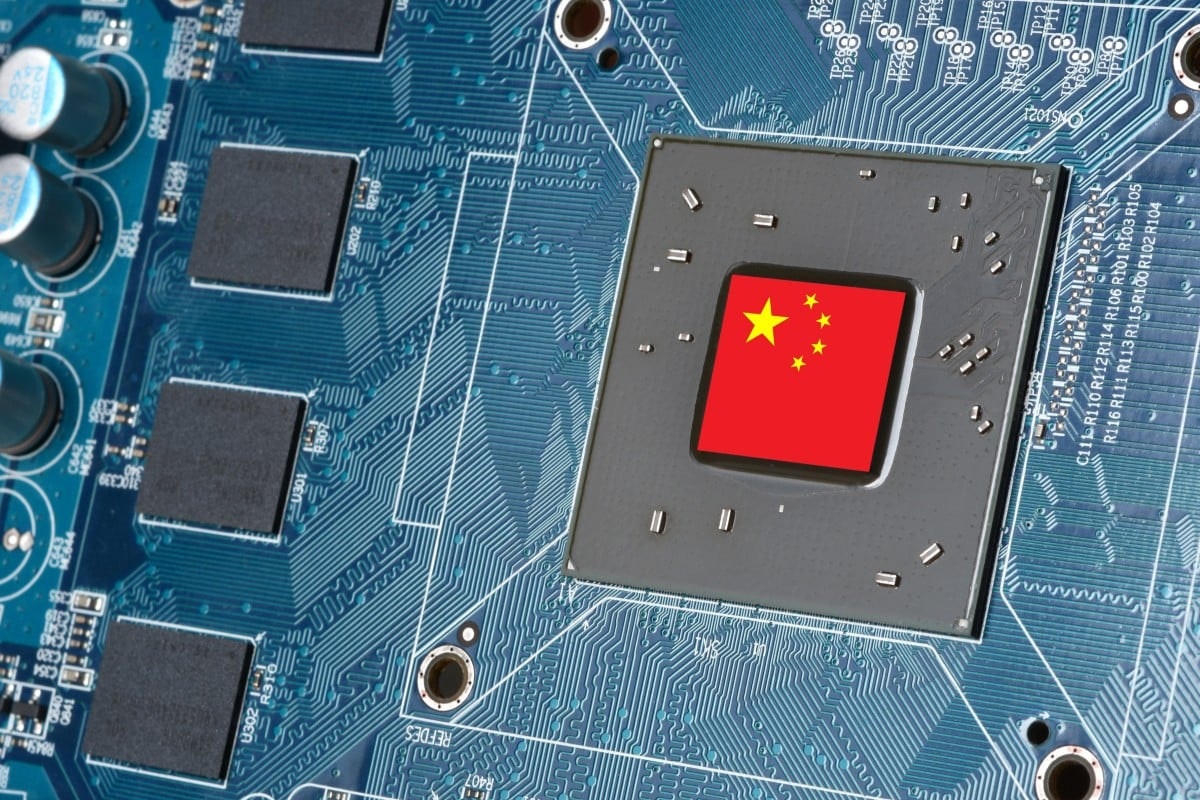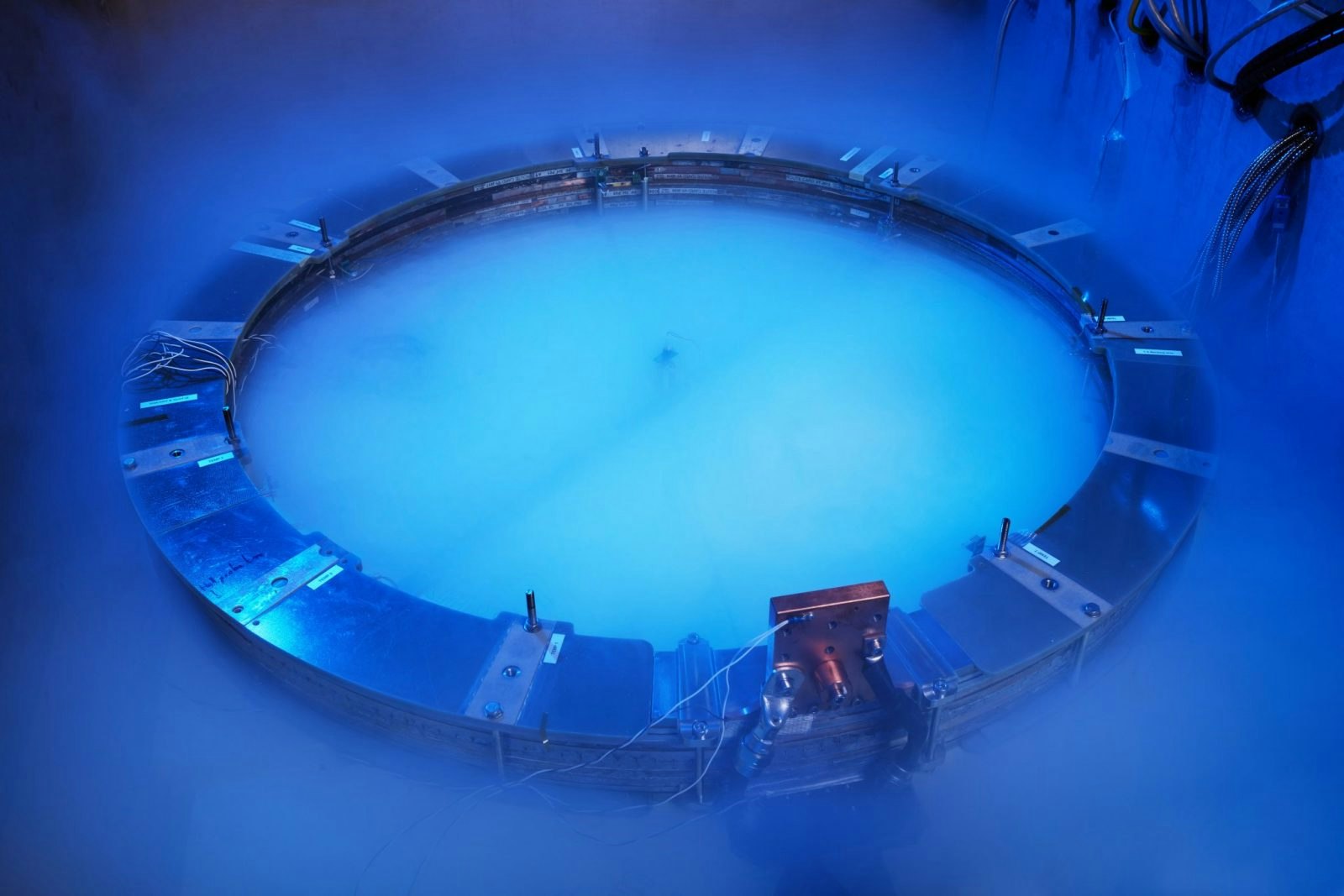The European Commission’s announcement that it is considering whether Microsoft’s investment in OpenAI deserves further investigation under the bloc’s merger rules is getting mixed reactions in the European tech community. Some say the move could stymie the ability of European startups to work with companies like OpenAI.
The bloc’s announcement is part of a broader review of how agreements between big tech firms and generative AI startups could impact the EU’s single market. The Commission said it is looking into other agreements reached between large digital market players and generative AI developers, but did not name any.
Some generative AI startups like Stockholm-based Sana Labs have partnerships with OpenAI that allow them early access to the company’s most powerful models. Industry watchers say that these kinds of deals shouldn’t be stifled.
“Once again, European leaders appear to be more focused on limitation than innovation,” says Rasmus Rothe, founder of Berlin-based AI investment firm Merantix.
“Early AI adopter startups in Europe that have struck smart business deals with large-language model providers like OpenAI shouldn’t be punished. In seeking to make the landscape more competitive, European regulators risk doing the opposite — making it harder for our startups to flourish and compete with their American counterparts.”
Nathan Benaich, founder of London-based AI investment firm Air Street Capital, says that the move is an example of the EU not learning lessons from the past.
“AltaVista lost to Google as they were offering an inferior product, not because the European competition authorities didn’t have their back. Instead of retreating into its protectionist comfort zone, the EU should reflect on why there have been so few European success stories," he tells Sifted.
“While it might believe these interventions will advantage the home team, all it does is disadvantage European developers exploring new opportunities with AI. Mistral’s impressive evaluation results have shown that it can hold its own internationally without the competition authorities placing their thumb on the scale.”
Others point out that forming a partnership with a technology provider is nothing unusual in the business world.
"It’s normal that an economy, including one of partnerships, starts forming around models such as Open AI’s ChatGPT," says Roeland Decorte, founder of AI startup Decorte Future Industries and the AI Founders Association, an industry group for entrepreneurs working in the space.
"In its haste to be proactive I think the EU should take care not to send global signals that could isolate its markets and scare off AI innovators by seemingly condemning otherwise standard business practices."
On the other hand, Daniel Abbou, president of lobby group the European AI Forum (EAIF), welcomed the Commission’s move, saying it is “certainly not to the disadvantage of European AI startups” and that it is “important” to keep “a watchful eye” on attempts by big US tech companies to reduce the number of AI developers to get a competitive advantage.
“AI businesses will have large implications for economic growth and market capabilities, so we have to prevent monopolies,” he says. “Generative AI will get into factories and companies throughout Europe. We have to realise that a monopoly of certain US AI players is not something that will be good for Europe.”
Killer acquisitions
The move shows Brussels’ desire to make sure the EU’s nascent AI startups can compete globally and prevent big tech companies from shutting out competitors. Olivier Guersent, the director-general of the Commission’s competition department, said in November that the EU wants to ensure businesses in the bloc “have a broad choice of AI systems” and is ready to act if companies engage in “killer acquisitions.”
Last month, the UK’s Competition and Markets Authority also announced it was examining whether Microsoft’s deal with OpenAI had resulted in “an acquisition of control.”
The announcement comes ahead of a trip by Margrethe Vestager, the Commission’s executive vice-president in charge of competition policy, to Silicon Valley, where she’s expected to meet with the heads of several big tech companies, including Apple CEO Tim Cook and Google CEO Sundar Pichai, and two leading executives from OpenAI.
“Virtual worlds and generative AI are rapidly developing,” Vestager said in a statement on Tuesday. “It is fundamental that these new markets stay competitive, and that nothing stands in the way of businesses growing and providing the best and most innovative products to consumers.”
The Commission is also inviting tech companies to flag “any competition issues that they may perceive” in the AI industry through an online questionnaire, as part of an attempt to closely monitor partnerships between AI companies “to ensure they do not unduly distort market dynamics,” she added.
The list of 12 questions posed includes: what are the main barriers to and drivers of competition for the provision of generative AI systems; which competition issues will likely emerge as the market matures; whether open-source generative AI systems compete effectively with proprietary ones; and what is the rationale of the investments and acquisitions of large companies in small generative AI startups.
The Commission said it may organise a workshop in the second quarter of the year to publicise “all different perspectives” emerging from the questionnaire.


